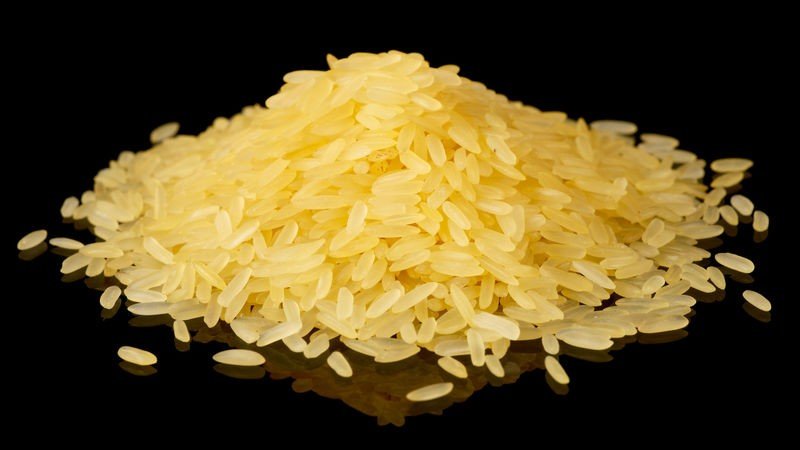APEDA sends the first trial shipment of vegetables by sea route from Varanasi to Dubai.
The shipment contains of 14 metric tonnes of fresh vegetables exported by an export house from Mumbai supported by VAFA and sourced from three FPOs of Ghazipur and Varanasi.
Agricultural and Processed Food Products Export Development Authority (APEDA) in its endeavour to promote exports from agriculture produce rich regions of India has sent the first trial shipment of vegetables by sea route from Varanasi to Dubai. The first trial shipment of one container of fresh vegetables was flagged off by Paban Kumar Borthakur, Chairman, APEDA and Deepak Agrawal, Commissioner, Varanasi region in the presence of Kaushal Raj Sharma, District Magistrate, Varanasi recently.
APEDA in association with the Uttar Pradesh government has organised for sending of a trial shipment of one container of fresh vegetables by sea route to Dubai. The container contains 14 metric tonnes of fresh vegetables exported by an export house from Mumbai supported by VAFA and sourced from three FPOs of Ghazipur and Varanasi.
Setting up Five Agro-export hubs
Considering the potential of production of fruits and vegetables in Varanasi region comprising of five districts namely, Ghazipur, Jaunpur, Chandauli, Mirzapur and Sant Ravidas Nagar, APEDA is in the process of setting up agriculture export hubs in these districts of the region.
In its efforts for setting up of Agri Export hub, APEDA organised an Export Promotion Programme and Buyer Seller Meet (BSM) for fresh vegetables this year in Varanasi which was attended by 100 farmers of the region and exporters from Mumbai, Kolkata, Hyderabad and Uttar Pradesh. The BSM provided a platform to link the Farmer Producer Organisations (FPOs) and progressive farmers to prominent exporters. The interaction between exporters and farmers of the region was very helpful in terms of understanding the potential of the region, quality of vegetables and fruits produced, infrastructure required and convincing the farmers in cultivating export oriented variety of crops and discussing the concerns of both the stakeholders. Exporters showed their keen interest in exporting vegetables and fruits of the region provided quality of produce is ensured. The BSM was followed by field visits to production sites.
MoU with FPOs
Fresh vegetables and Fruits Exporters Association (VAFA), Mumbai have signed a MoU with four FPOs for sourcing of fresh vegetables and fruits for export to international markets. FPOs have been engaged to ensure supply of quality produce from the region. The initiative of setting up the Agri Export hub in Varanasi is now yielding results with the sending of the first trial shipment of vegetables sourced from FPOs in Varanasi region to Dubai by sea route for the first time.
The produce consolidated from the FPOs have been processed and packed at Concor Cargo facility, Rajatalab, Varanasi which was inaugurated by the Prime Minister Narendra Modi in July 2018.
Varanasi- Export Hub office
To fast-track the activities taken up for the Export Hub at Varanasi, a project office of APEDA is being set up at Varanasi soon for co-ordination and facilitation of all activities. A committee has also been formed under the chairmanship of Commissioner Varanasi Division, with all the stakeholders. The major task of the committee will be to supervise and fast-track the development of infrastructure, strengthening backward linkage and supply chain for export of agriculture products to international market.
APEDA is an organisation under Ministry of Commerce & Industry, Government of India and is responsible for promoting exports of Agriculture and Processed Food Products from India.
The shipment contains of 14 metric tonnes














